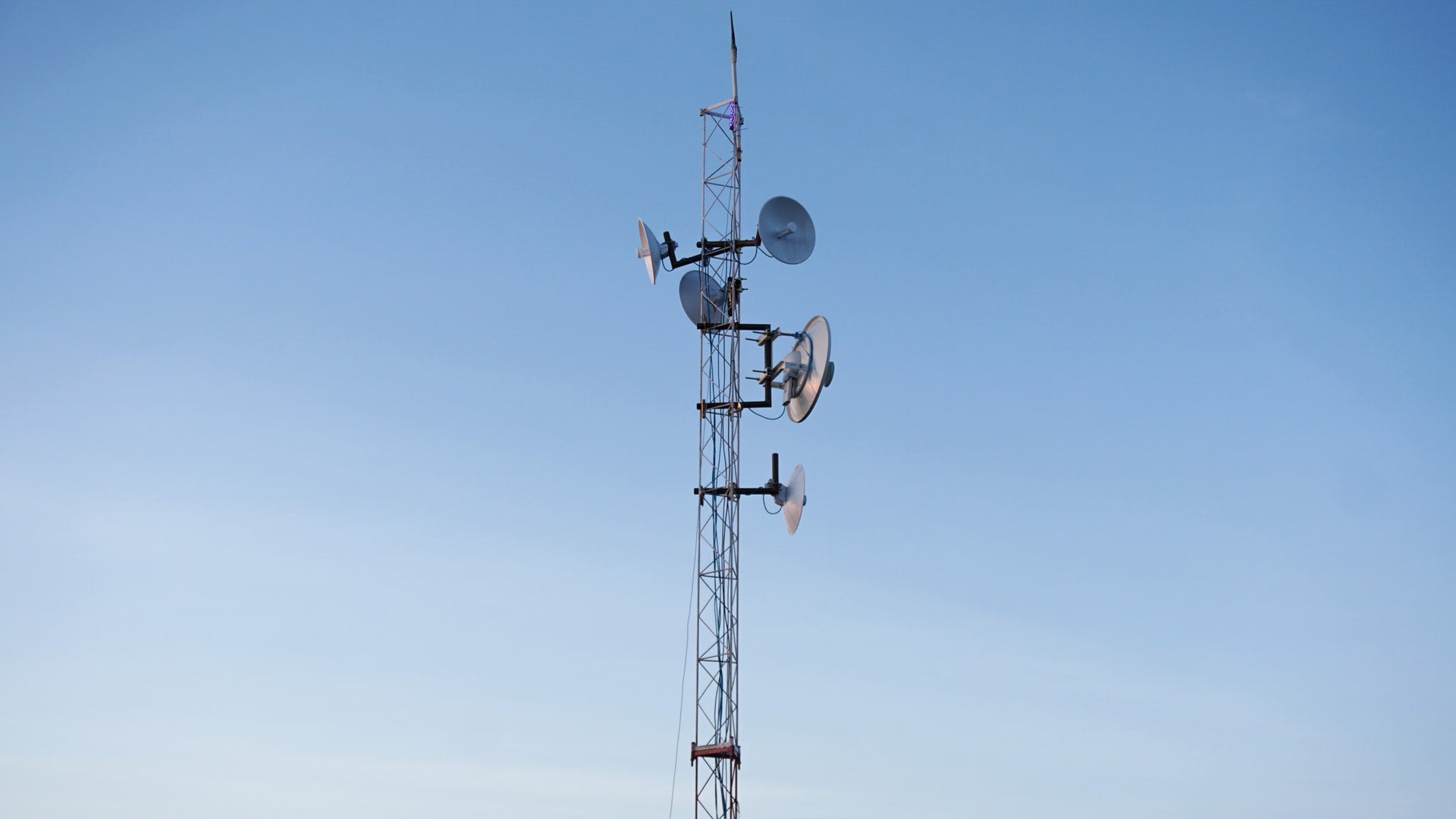
Imagine this life.
You live in a mountain cottage or wooden cabin, wholly isolated from the noisy big cities and their endless hooting. You enjoy the freshest air that only Mother Nature provides as you make an honest living tilling your farm the whole day.
That is an ideal life that we all yearn to live. But as the saying goes, everyone or everything has flaws.
As you enjoy the peace associated with residing in a rural area, the remoteness of your location disadvantages you in terms of Internet connection. From dropping online calls to WhatsApp texts that take long to send and buffering YouTube videos, poor rural Internet can be quite frustrating. The weak connection, in most cases, is caused by signals that do not properly cover your home.
The Importance of a fast and stable Internet connection cannot be underestimated. You will best approach this when faced with an emergency.
A Solution to Bad Rural Internet Signals
If you have a poor rural internet signal, the best workaround is to use antenna amplifiers. These boosters extend your coverage by amplifying the current signals. Wireless devices in the extended range seamlessly connect to the Internet without regular drops.
The working mechanism behind antenna amplifiers is one that might interest you. The device pulls the weak signals from the transmitter and broadcasts them over the extender’s capability. With a signal booster, your current network reaches to areas that they would ideally not reach.
The fact that you are reading this means you are probably looking for a signal extender for your home. Let’s have a look at some of the popular antenna amplifiers solutions that might help you get stronger signals.
Top 3 Internet Antenna Amplifiers
The following cellular signal boosters may strengthen your carriers signals and provide you with a more stable home Internet connection:
1. weBoost Installed Home Complete

The design of this device is such that it covers your entire home. When you buy it, you receive a professional, free installation. Given that it works best in cases of weak indoor and outdoor signals, weBoost Installed Home Complete is an easy winner.
It can amplify your signals to a range of 7,500 square feet, but most people experience an average of 5,500 square feet coverage.
2. Cel-Fi GO X

The device works best for those with weak outdoor signals. Cel-Fi is licensed to make provider-specific boosters and may come in hand in your weak rural antenna signals. Cel-Fi GO X is designed to meet the needs of smaller buildings like homes.
One thing to keep in mind is that Cel-Fi GO X only amplifies one carrier’s signals at a time. Also, setting it may be a bit complicated, requiring the help of someone more technical. It works best for weak outdoor signals.
3. HiBoost Home 15K

For those with stronger outdoor signals, it can be pointless to buy a carrier-specific amplifier. Doing so may be a waste of money. Rather, what you need is broadband booster like HiBoost Home 15K.
A considerable number of customers have installed HiBoost Home 15K and have had positive feedback on its operations.
Do not let weak signals hamper your Internet experience. Consider any of the amplifiers discussed here for a better rural Internet connection. For those who have installed home Wi-Fi but still get weak signals in some corners, a quick workaround this issue is to install a Wi-Fi extender.
Share on Social Media!

I have the cel-fi go x and I still get terrible speeds. Can I him the booster or antenna directly to the router?
We are new full-time RV‘ers and has no idea how difficult it is to find decent internet service. We just came across some of your articles; we are looking to get one of the products but we are just jaded, from other companies’ products, that it will not completely work. Can we do a trust fall with you?